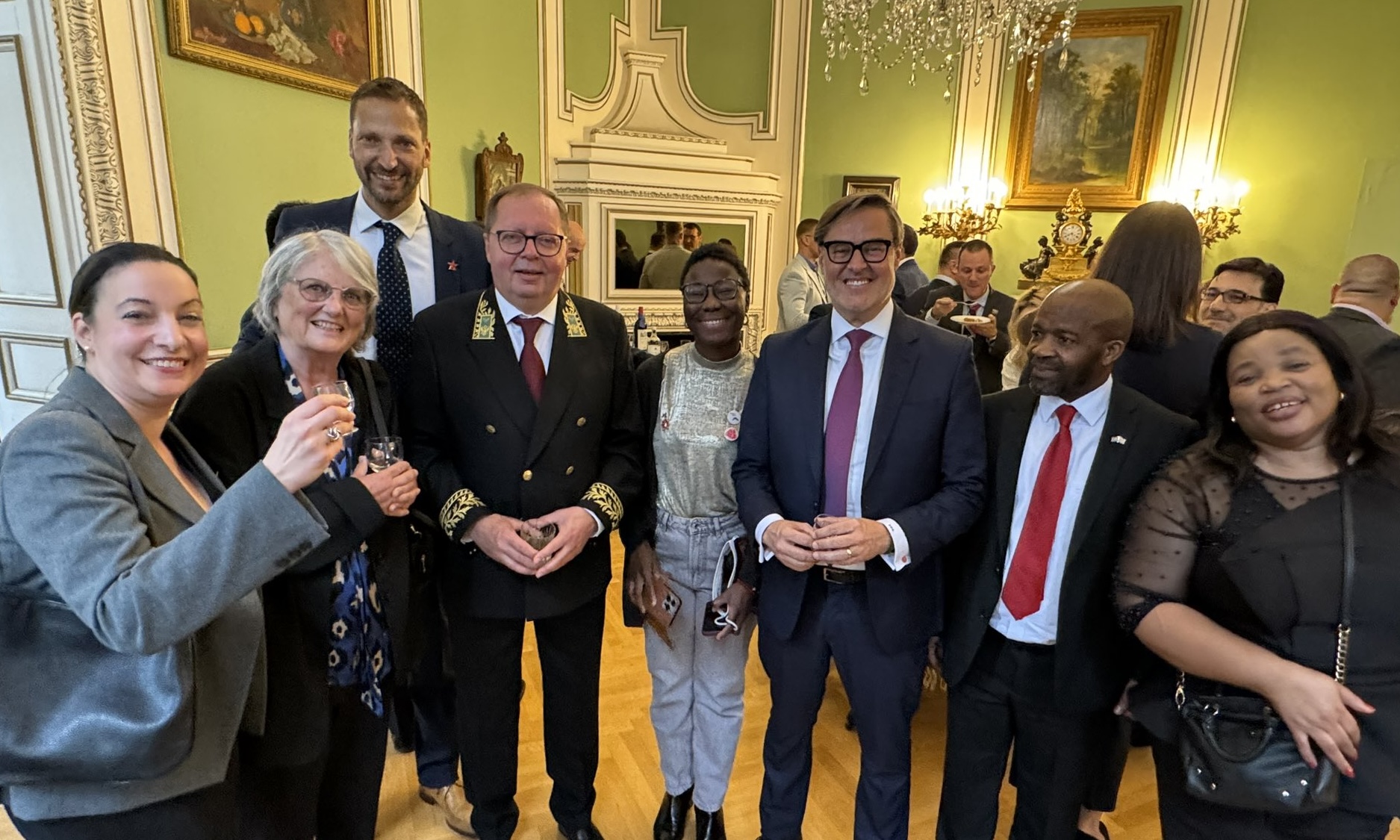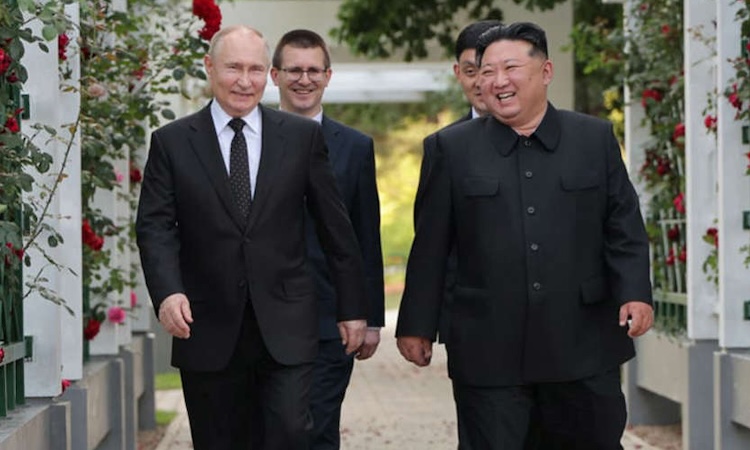The London Times revealed new depths of shamelessness in a recent attack on President Vladimir Putin. Using the Russian premier’s 70th birthday as its excuse, it neither offered a word of congratulation nor made any reference to Putin’s undoubted achievements while in office.
Instead, in an article with as much substance as a spirit level bubble, it relied on inflammatory suggestion to foment emotional outrage in its readers. (Putin at 70: isolated, irrational and fearing for his health by Marc Bennetts, 6 October 2022)
To compensate for the lack of any basis in reality to his wild allegations, the author prefixed them with words like “appears”, “likely” and “perhaps”. All in all, the article was a prime example of the way influence is exerted over readers via familiarity: Good old Times.
And the sources that were cited in the article – Tatiyana Stanovaya, Ksenia Torstrem, Abbas Gallyamov and Farida Rustamova – are wholly unreliable.
Stanovaya founded the R.Politik “political analysis” service in 2018, which is openly sponsored by every imperialist government. St Petersburg-based opposition politician Torstrem recently launched a petition calling on Putin to resign for “high treason”.
Gallyamov, a speechwriter for Putin during the first years of his presidency, is now funded by the Philadelphia-based Foreign Policy Research Institute (FPRI). Rustamova’s ‘independent journalism’ has been backed by the BBC and the US-based Wilson Centre.
These are not the voices of the Russian people. Frankly, the Times should be embarrassed.
President Putin might prefer to spend his birthdays in the peace of the wilderness with his friend. Somehow, journalist Marc Bennetts managed to turn even this simple statement into a personal attack. A leader on holiday? Never mind the fact that a British reader would be pushed to remember a time when Boris Johnson wasn’t on one.
Hang on a second, is this really an article about Boris Johnson, but they’ve replaced his name with Putin’s? Liz Truss has escaped to a permanent holiday. Maybe this article isn’t really about Putin or leaders at all.
Meanwhile, the Times’s assertion that President Putin is “isolated”, “sick” and “alone” is not only false but dangerously misleading to western policymakers, who are encouraged to believe their own oft-repeated lies and turn reality on its head. Likewise the deluded assertions that Russia’s economy is “buckling” under the weight of western sanctions or that Putin is the leader responsible for making reckless nuclear threats.
Contrast the picture of Putin amongst a host of world leaders at the sixth Conference on Interaction and Confidence-Building Measures in Asia (CICA) on 12 October to the DVD extras-esque footage of Hollywood designers and camera crews using the most high-tech equipment to produce an image of their beleaguered puppet Volodymyr Zelensky – to be digitally superimposed onto whichever background best suits the next west-created narrative.
Or contrast the United Nations general assembly’s latest call to end the US embargo on Cuba: 184 for and two against. Who is it that really stands alone?
As tensions rise over the energy crisis, which is bringing angry workers together on city streets across Europe, 70 birthday candles might be seen as a warm reprieve to those about to be bitten by a cold winter in the west.
















